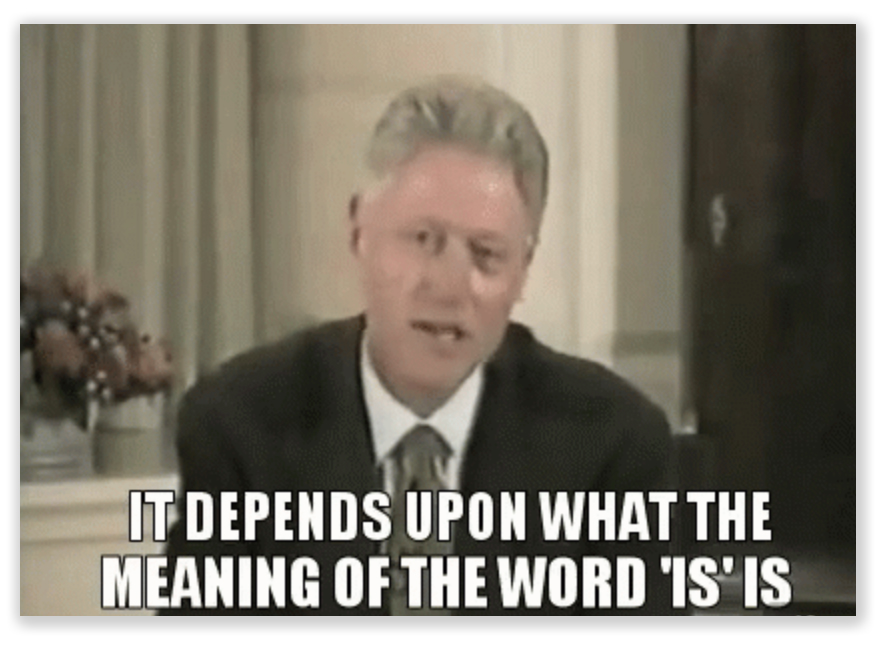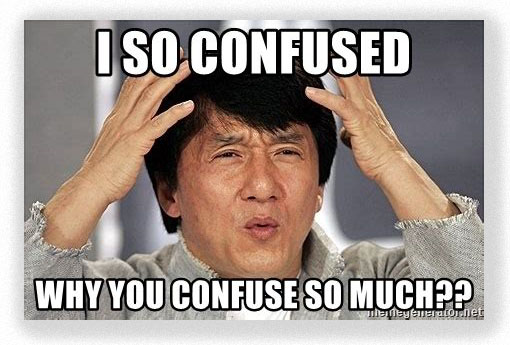We post news and comment on federal criminal justice issues, focused primarily on trial and post-conviction matters, legislative initiatives, and sentencing issues.

SUPREMES OPEN NEW COURT YEAR TODAY WITH ENGLISH LESSON
The Supreme Court opens its new 9-month term today with arguments in a case that considers what the meaning of the word “and” is in a provision of the First Step Act, an esoteric English lesson with real-world impact for thousands of federal prisoners.
 Not since Bill Clinton told questioners that “it depends on what the meaning of ‘is’ is” has a simple word prompted such a dispute. What the justices decide could affect thousands of federal drug sentences each year. What’s more, it could affect thousands more seeking a retroactive zero-point reduction under the Guidelines.
Not since Bill Clinton told questioners that “it depends on what the meaning of ‘is’ is” has a simple word prompted such a dispute. What the justices decide could affect thousands of federal drug sentences each year. What’s more, it could affect thousands more seeking a retroactive zero-point reduction under the Guidelines.
First Step amended the 18 USC § 3553(f) “safety valve” that allows certain nonviolent drug offenders who plead guilty to avoid mandatory minimum sentences based in large part on their lack of significant criminal history. The statute says may qualify if he or she doesn’t have more than 4 criminal history points, a prior 3-point offense and a prior two-point violent offense.
The issue is whether having (1) more than four criminal history points, OR (2) a prior three-point offense OR (3) a prior two-point violent offense, will disqualify you, or whether you have to have (1) more than four criminal history points, AND (2) a prior three-point offense AND (3) a prior two-point violent offense – that is, all three to be disqualified. The courts of appeal are split, and thus, the Supreme Court has stepped in to settle the dispute.
 The case, Pulsifer v. United States, is more than an exercise in sentence diagramming, a dubious talent I mastered and then forgot more than a half-century ago. Nearly 6,000 people convicted of drug trafficking in 2021 alone might be eligible for reduced sentences, according to the Sentencing Commission, if the Supremes agree that a defendant has to have all three to be disqualified. Ohio State University law professor Doug Berman told AP that more than 10,000 people sentenced since First Step took effect could be affected. He said Congress wrote the § 3553(f)(1) subsection in the negative so that a judge can exercise discretion in sentencing if a defendant “does not have” three sorts of criminal history.
The case, Pulsifer v. United States, is more than an exercise in sentence diagramming, a dubious talent I mastered and then forgot more than a half-century ago. Nearly 6,000 people convicted of drug trafficking in 2021 alone might be eligible for reduced sentences, according to the Sentencing Commission, if the Supremes agree that a defendant has to have all three to be disqualified. Ohio State University law professor Doug Berman told AP that more than 10,000 people sentenced since First Step took effect could be affected. He said Congress wrote the § 3553(f)(1) subsection in the negative so that a judge can exercise discretion in sentencing if a defendant “does not have” three sorts of criminal history.
In today’s Supreme Court case, Petitioner Mark Pulsifer argues that he has to have four criminal history points which include both a prior 3-point offense and a 2-point violent offense in order to lose the benefit of the safety valve. The government says just one of the three conditions – 4 points or a 3-point prior or a 2-point violent crime – is enough.
Berman told AP the language of the statute favors a broad reading favoring defendants. “But the concern about the broad reading is that it basically covers everybody. I think it’s right that that wasn’t Congress’ intent,” Berman said, echoing arguments made by judges who sided with prosecutors.
AP observes that Congressional intent may not matter: “On a court in which several justices across the ideological spectrum say they are guided by the words Congress chooses, with less regard for congressional intent, that might be enough to favor defendants.”
 How to read an ambiguous “and” may be important to a lot of zero-point people pretty soon. The Sentencing Commission’s retroactive zero-point amendment (USSG 4C1.1) goes into effect in a month. Sec 4C1.1(a)(1) directs that an eligible defendant is one who “did not receive an adjustment under § 3B1.1 (Aggravating Role) and was not engaged in a continuing criminal enterprise, as defined in 21 USC § 848.” Does this mean that no one with a § 3B1.1 enhancement or who was convicted of an 848 continuing criminal enterprise is eligible? Or does it mean that you must have both an 848 conviction and a 3B1.1 enhancement to be disqualified?
How to read an ambiguous “and” may be important to a lot of zero-point people pretty soon. The Sentencing Commission’s retroactive zero-point amendment (USSG 4C1.1) goes into effect in a month. Sec 4C1.1(a)(1) directs that an eligible defendant is one who “did not receive an adjustment under § 3B1.1 (Aggravating Role) and was not engaged in a continuing criminal enterprise, as defined in 21 USC § 848.” Does this mean that no one with a § 3B1.1 enhancement or who was convicted of an 848 continuing criminal enterprise is eligible? Or does it mean that you must have both an 848 conviction and a 3B1.1 enhancement to be disqualified?
That all depends on the meaning of “and.”
Pulsifer v United States, Case No. 21-1609 (Supreme Court, Oral Argument October 2, 2023)
Forbes, Why Thousands Of Prisoners Could Be Spared Because Of A Supreme Court Case Over The Word ‘And’ (September 25, 2023)
AP News, The Supreme Court will hear a case with a lot of ‘buts’ & ‘ifs’ over the meaning of ‘and’ (September 24, 2023)
– Thomas L. Root

